MANAJEMEN KEPEMIMPINAN KEPALA SEKOLAH
- ISBN 13 : 9786022170006
- Judul : MANAJEMEN KEPEMIMPINAN KEPALA SEKOLAH
- Pengarang : H.E Mulyasa,
- Penerbit : Bumi Aksara
- DDC : Manajemen
- Bahasa : Indonesia
- Tahun : 2017
- Halaman : 322
-
Ketersediaan :
010191 Tersedia di Library of UI BBC

